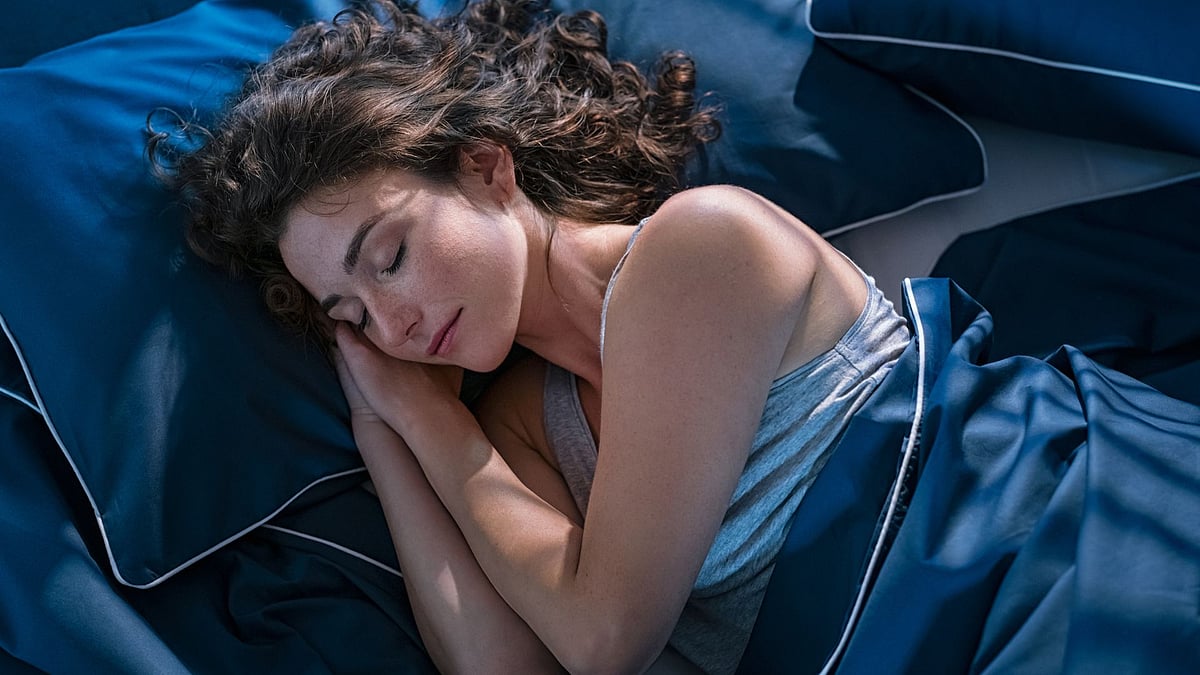For an only child who doesn't have a sibling of their own, a chosen sibling or a ‘munh-bola’ brother or sister becomes a source of great emotional comfort. This is especially so during a festival like Raksha Bandhan which celebrates the bond between siblings. At time, even those who are already blessed with siblings also connect with a chosen sibling and forge a new familial bond.
Take, for instance, actress Juhi Babbar (daughter of actor Raj Babbar), who has two blood brothers, but also ties rakhi to Ishaan Puri (the late actor Om Puri’s son). An exuberant Juhi reveals that their strong family ties over two generations laid the bedrock of her relationship with Ishaan. “My father and Om Puriji shared the same theatre background in Patiala, Punjab. It was Omji who told my father: ‘Tu meri tarah NSD (the National School of Drama) join karle.’ Omji was his senior and he inspired, guided and encouraged papa. Their relationship strengthened after they joined films. In my launch film, Kaash Aap Hamare Hote, papa made Omji play my foster father. I have never called him Om uncle; I have always called him Babuji.”
While Juhi asserts that “the relationship has continued with Ishaan and me,” she adds that celebrating Raksha Bandhan officially started around a decade back, after her marriage to (actor) Anup Soni. Juhi says, “We were just chatting one day and Ishaan’s mom, Nanditaji, said, ‘I am just so shocked that Juhi has never tied rakhi to Ishaan.’ Ishaan was always my brother but from that day, rakhi ka rishta also started. We have never missed a Raksha Bandhan. This year, I had to fly to London for a shoot but I told them that I'll fly only after Raksha Bandhan.”

The Puris and the Babbars-Sonis get together to celebrate the festival in a traditional manner. “There’s a thali with a rakhi, kumkum, chawal, kesar, mithai and a ghee ka diya for the aarti. The head has to be covered, and, yes, Ishaan touches my feet, bilkul,” laughs Juhi.
Elaborating on her emotional connect with her selected brother, Juhi says, “Ishaan and I are both Cancerians born in July. What I find most beautiful about our relationship is that there is no dikhava. We know that we are always there for each other. When Babuji passed away, it was a very difficult phase for Ishaan and his mother. But instead of making it emotional when we met, we would talk about the masti we did together. Even now when we click photos at their house, we include Omji by posing next to his big portrait.”

Sunjay Chowdhri with Lekha |
Much younger to his sister, Ishaan looks up to Juhi in admiration. A graduate in Business Studies and a budding actor, Ishaan says fervently, “May Juhi didi always shine like the diamond that she is. And reach new heights like she did with her play Love, Aap Ki Saiyaara or her film, Faraaz. When she performs, there is something special about her energy that reaches the audience.” His deep voice reflecting his emotions, Ishaan adds, “Juhi didi is genuinely warm, the most caring, loving, sweet person to have a sister. She thinks of me as her little brother and always looks out for me. She also surprises me with the quirkiest, most phenomenal mithai during rakhi. Even though ours is a munh-bola brother-sister relation there is something very special, very endearing about our bond that makes it a tad different from having a real sibling or a cousin. It is something not many people are lucky to have. I am lucky to have her in my life.”
Chosen siblings can be found at any age. People travel long geographical distances for work or life circumstances, and found families and chosen siblings are an emotional support system. Consider Delhi-based Sunjay Chowdhri, 62, garment manufacturer and investor, who says, “My sister, Madhu Chaudhri, stays in Ambala and she visits us on Raksha Bandhan if possible; but for the last 29 years it has invariably been a ritual for our domestic help Lekha (we all call her Ka didi) to tie a rakhi to me. Even when my sister ties a rakhi to me, so does Ka didi who prepares a proper thali with kesar teeka, sookhe chawal, mithai and, of course, the rakhis. She fits perfectly into the role of a sister, with the care she lavishes on looking after the whole family.”

Sunjay Chowdhri with Lekha |
What has sustained this relationship since 1985 is mutual respect and affection. “She is family. She lives with us and has looked after both our kids and is now doing the same with our pet, Joey. The whole house revolves around her: she decides the menus, does the grocery shopping, keeps accounts,” Chaudhry asserts.
Lekha simply calls them her ‘family’ and insists, “I cannot ever leave bhaiyya and his household. They have been my support system in my family’s difficult days. I pray that our bond stays forever.”

Sunjay adds, “There have been situations on both sides where we stood by each other. She looked after my parents when they were alive; if someone is unwell, she is genuinely concerned. She is definitely a sister. We also do whatever is required for her like making life insurance policies and for her family living in a West Bengal village; they visit us at least once a year. We never even think that Ka didi will ever leave us.”










